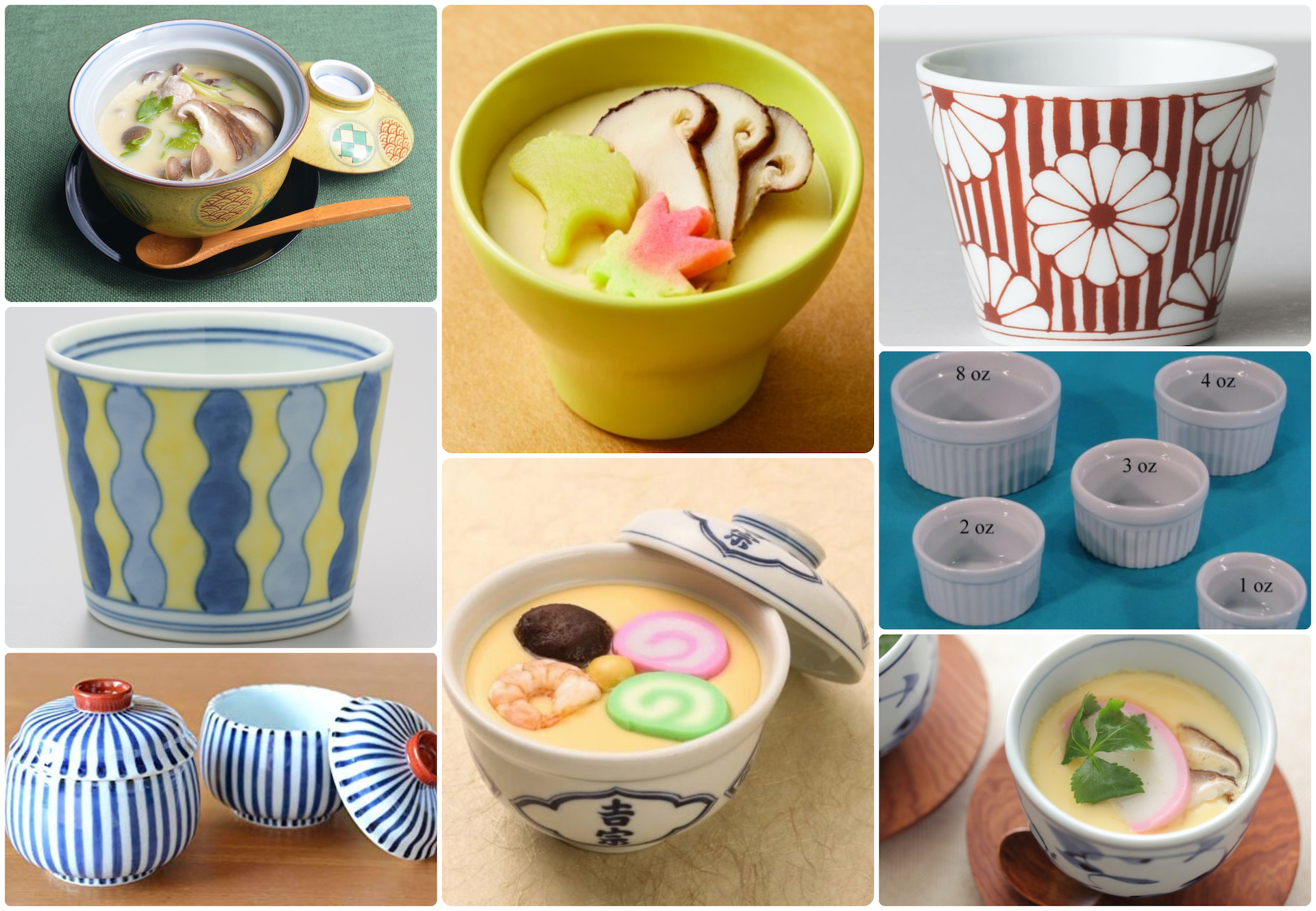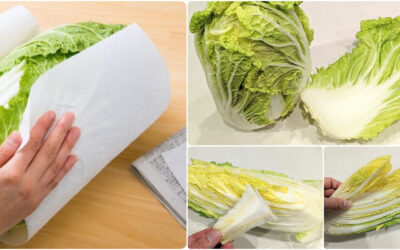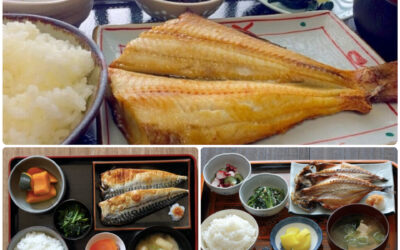
Kitchen Culture Cooking Club
EXPLORE and PRACTICE Japanese cooking in your own kitchenAbout Kitchen Culture Cooking Club
Welcome to the Kitchen Culture Cooking Club, a community space providing encouragement to those who want to EXPLORE and PRACTICE Japan’s washoku wisdom in their own kitchens.
To facilitate this, themed projects will be posted to this page periodically. Project Assignments and links to relevant reference material stored on this site will be posted to this page. Anyone, anywhere in the world, with a sincere interest in Japanese food culture is welcome to browse the contents of this page and then replicate the themed project in their own kitchen.
For those who wish to display-and-discuss their projects with like-minded people, I invite you to join the KITCHEN CULTURE Cooking Club Facebook Group (formerly the TSUDOI Project), an interactive community space.
PROJECT Serving Chawan Mushi

PROJECT: Serving Steamed Foods Piping Hot
This PROJECT is about serving chawan mushi, a dish that requires heatproof cups to cook the egg custards in and to bring them piping hot to table.
Because Japan’s food culture places importance on the presentation of food, often specialized tableware is chosen. Indeed, for serving steamed foods there is a vessel called 蒸し茶碗 mushi-jawan (steam + cup), one of several pieces of tableware that is lidded to keep foods piping hot. The lids that are part of mushi-jawan vessels, however, are placed on the cups as they come from the steamer; they are not used during the cooking process.
Chawan mushi custards are best served in lidded mushi-jawan vessels though they could also be cooked and served in other handle-less cups such as ramekins or choko 猪口.
If your cups do not have lids you will need to hold the custards hot for a few minutes after steaming them. The easiest way to do this is by setting a piece of parchment paper over each cup, carefully balancing the paper on the rim. Place a saucer or other small flat plate on top of the paper to anchor it. Using foil to keep the cups warm is not recommended since condensation easily forms on the underside and drips down on the custards, pockmarking them.
To learn more about chawan mushi and to download a recipe for the savory, steamed egg custards visit my Kitchen Culture blog and read my October, 2024 newsletter.
Recipes and Resources
Stock (Dashi)
Dashi stock is essential to making soups and simmered or stewed dishes. Dashi is also used when making many egg dishes and all sorts of sauces, dips and dressings. Using good dashi will make a noticeable difference in the outcome of so many dishes you prepare.
Click to download recipes for (vegan) Kelp Alone Stock or Standard Sea Stock + Smoky Sea Stock
How to Cook Rice
In Japanese, the word for cooked rice, ご飯 GOHAN, is the same as the word for a meal, ご飯 GOHAN. Indeed rice is central to the meal. Download the Rice with Mixed Grains recipe.
How to Prepare Sushi Rice
Sushi dishes are made with rice that has been seasoned (with sweetened vinegar) AFTER being cooked. Download the Classic Sushi Rice recipe.
Quick Pickles
The Japanese enjoy a wide variety of tsukémono pickles, many can be assembled quickly and are ready to eat within a short time.
Download a recipe for Quick-Fix Hakusai Cabbage.
Hakusai
HAKUSAI・白菜 Because hakusai is such a favorite wintertime vegetable in Japan, I assumed it had a long, deep history in Japan's cookery. Not really. It seems that the original Brassica oleracea ancestor of hakusai is native to the Mediterranean region of Europe. What is...
PROJECT Hakusai
Using HAKUSAI fully A favorite wintertime vegetable in Japan, hakusai cabbages are increasingly available in Asian groceries throughout the world. A whole head averages 2 kilo (about 4 and 1/2 pounds). I encourage you to buy one (or at least a half or quarter-head...
PROJECT Home-Style Meals with Ichiya-boshi
Making a Home-Style Meal featuring ichiya-boshi Traditionally, bountiful catches of fish were gutted, salted, and set out to dry in order to extend their shelf life. The generic term for these sorts of fish is himono, literally “the dried thing,” though these...
PROJECT Adzuki: Sweet & Savory
PROJECT Adzuki: Sweet & Savory The adzuki bean 小豆 plays a prominent role in Japanese cookery, especially in the making of sweets... though savory dishes also abound. This Kitchen PROJECT is about exploring the many possibilities. I provide one sweet recipe for...




